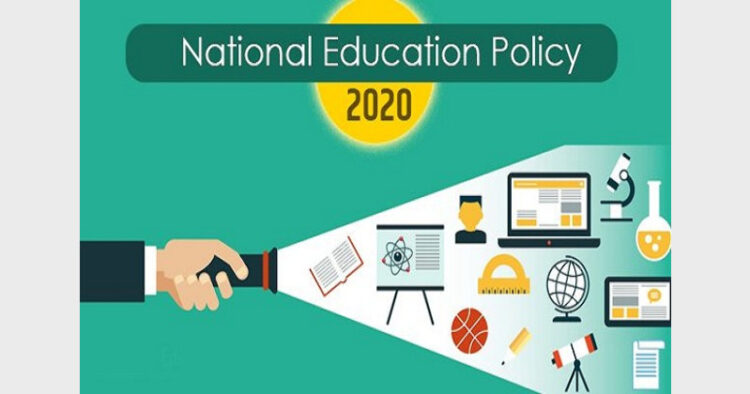The story begins immediately after the first struggle for independence, which happened in November 1824, in form of the uprising in Barrackpore by the Indian soldiers against the Britisher, who by that time had only one agenda looting the massive wealth of India. This uprising has shaken the business interests of East India Company. Such a kind of situation should not arise again and ways should be devised off. T. B. Macaulay had come to the rescue.
In early 1835, T. B. Macaulay has persuaded and argued to implement English education in India and in the minutes by him he was very clear about the purpose of the English education in India. That purpose was to create “-a class of persons Indian in blood and colour, but English in tastes, in opinions, in morals and in intellect.” This, in turn, resulted in “The English Education Act 1835” of the Council of India, by Lord William Bentinck, then Governor-General of the British East India Company.
When the East India Company has consolidated its foothold in India, the role of communists begins. In his letter “The Future Results of British Rule in India” the agenda has been set for the Britishers by none other than Herr Marx himself and I quote “England has to fulfil a double mission in India: one destructive, the other regenerating; the annihilation of old Asiatic society, and the laying the material foundations of Western society in Asia (respectively).” From then, the communists have been dedicated foot soldiers to implement that agenda.
If you want to build or destroy civilization, the path goes through the classrooms. The Indian subcontinent has witnessed/witnessing the systematic annihilation of Asiatic values by the communists and the current education system is still doing its job by creating “-a class of persons Indian in blood and colour, but English in tastes, in opinions, in morals and in intellect.”
NEP 2020:
The government has come with the “New Education Policy 2020”. This is a golden opportunity to undone or correct the wrongs been done in the last 180 years. The vision of the policy state that “This National Education Policy aims at building a global best education system rooted in Indian ethos, and aligned with the principles enunciated above, thereby transforming India into a global knowledge superpower”. Here the word Indian ethos is very important. Indian ethos cannot be imparted unless and until one brings instruction in Indian Languages. This is the right place to remember that, why the English education Act had been enacted in the first place.
The question comes that what is Indian ethos? Or what is the Indian way of learning? A vast literature is available to answer this question, however as far as education is concerned, one can look to the Shiksha Valli of Taittirīya Upanishad (तैत्तिरीय उपनिषद्).
The research in higher education can also be looked into from the Nyaya Darshan point of view, which critically establishes the treatises on epistemology and system of logic. Every student and teacher should be exposed to the core of the Nyaya (न्याय) Philosophy.
Coming to the education being imparted in the native language. It is not rocket science that language shapes our way of thinking, which in turn shapes the core values of a person. The vast knowledge available in Indian Languages, particularly in Sanskrit, is getting lost in translation. The importance of understanding the content in its original form cannot be ignored. The relevance, and beauty of the classical languages and literature of India also cannot be overlooked.
India cannot afford to have its citizens as “-a class of persons Indian in blood and colour, but English in tastes, in opinions, in morals and in intellect” for another 200 years. NEP 2020 provides a unique opportunity to our generation of educators. It is high time that we start working on the content, methodology and pedagogy inclusive of “Indian Ethos”. This opportunity simply cannot be missed.
(The author is an Associate Professor at the Indian Institute of Technology (Banaras Hindu University), Varanasi)














Comments